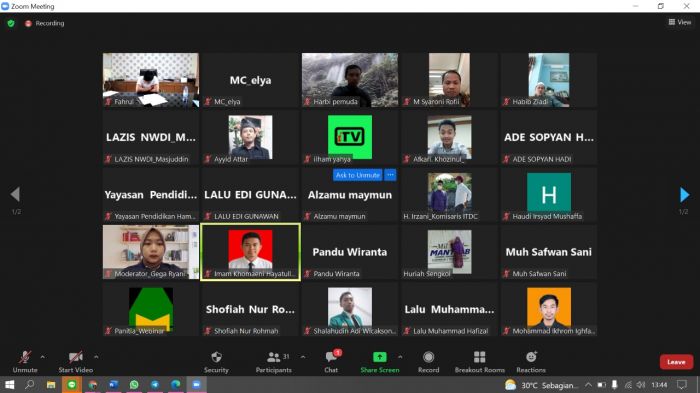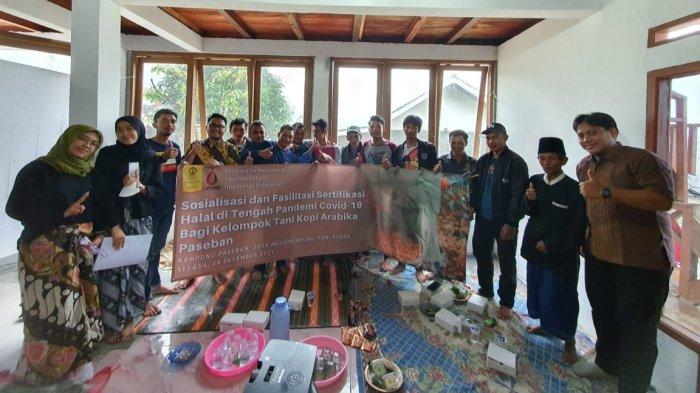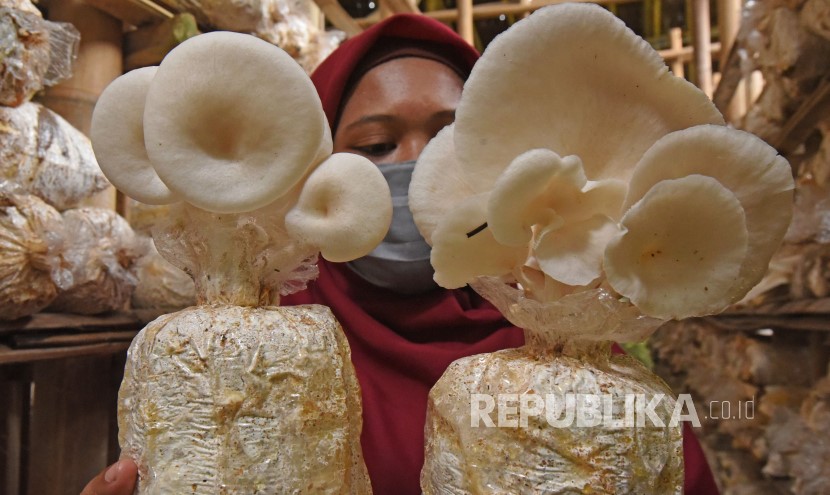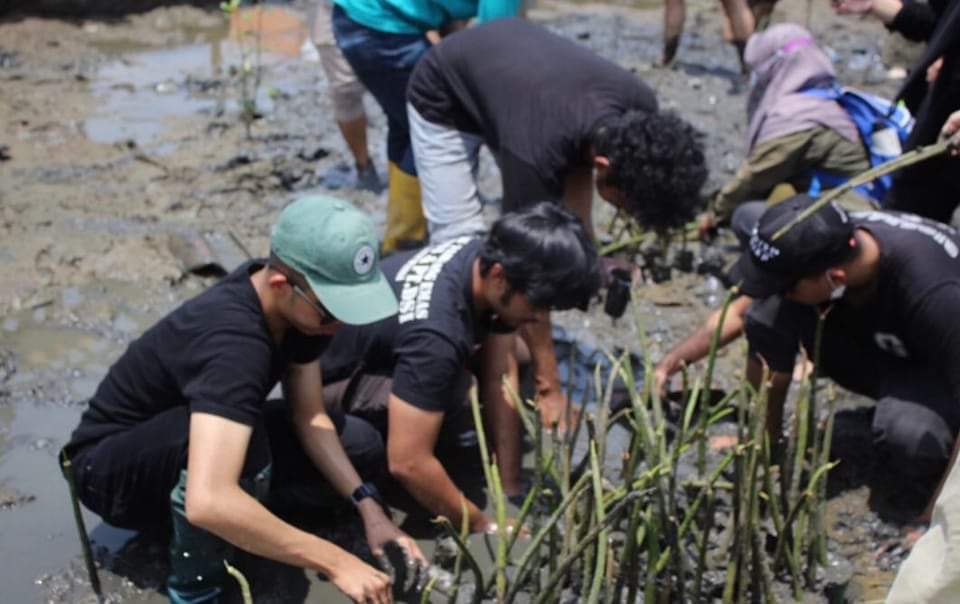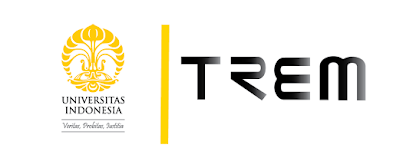In reducing climate change, universities can collaborate with local and regional governments and NGOs. The program form of the cooperation can also be informed to the local community as a form of early warning and risk monitoring. In addition, universities can provide local education programs on climate to students and local communities. Universities also need to establish a carbon neutral policy as a form of commitment to reduce carbon use, one of which is by tracking or measuring the amount of carbon energy used in universities, either fully or partially. With this tracking, the university can control the use of carbon that has been used for a period of one year.
Universitas Indonesia is one of the universities promoting the use of low-carbon energy. The efforts made by UI include sorting incoming vehicles, implementing parking and land-use policies, replacing most regular lights into LED lights, using renewable energy in the form of solar panels, and implementing smart building (timers for lighting panels, automatic generators, light sensors in toilets, and eco power elevators). One of the applications currently emphasized by UI is the use of solar panels in several faculties, for example at Faculty of Medicine (FK) and Faculty of Engineering (FT). However, other faculties may also limit energy usage in various ways as part of the commitment of UI to use low-carbon energy.
The Amount of Carbon Footprint of Faculty of Administrative Science (FIA)
Local education programmes on climate
Local education programs related to climate change have been carried out by Universitas Indonesia in numerous ways, such as coordinating webinars and training organized by K3L and faculties for the society of academicians and the general public, conducting research, and applying lessons learned in courses on climate and mitigation. Several faculties have implemented courses on climate and the environment as learning materials, such as Faculty of Medicine (FK), Faculty of Law (FH), School of Environmental Studies (SIL), and School for Global and Strategic Studies (SKSG). These courses are implemented to provide learning to UI students about risk, law, mitigation, adaptation, risk reduction, and the early assessment of climate change.
Teaching Plan Book on the “Climate Change Law” course of FH UI
Research on the Creation of An Environmentally Friendly Campus by Faculty of Engineering (FT) of UI
Research on Rural Programs to Prevent Climate Change Impacts by Faculty of Engineering (FT) of UI
In addition, Faculty of Public Health (FKM) also organized an activity called ‘Evergreen’ in 2021. This activity aimed to increase public awareness and provide comprehensive knowledge regarding relevant environmental health issues, particularly during the pandemic.
Since October 17, 2010, the Research Center for Climate Change (RCCC) of Universitas Indonesia as the center for research and community service at UI has held annual training and webinars on climate change to the general public. Referring to the research results from the Directorate of Research and Community Service (DRPM) of UI, RCCC also adopts the vision and mission set by this directorate, namely “UI is recognized as a research university and center of excellence in the fields of science, technology, and culture.”
To date, RCCC UI has become one of the leading research centers at UI and can implement its vision and mission, particularly in climate research. RCCC UI also aims to increase research and training on climate change in Indonesia; unite the national and global climate change stakeholders; and develop scientific breakthroughs in climate change studies. With these goals, RCCC also positions UI as a role model in formulating policies and actions to address climate change.
Furthermore, the Department of Industrial Engineering, Faculty of Engineering (FT), chaired by Dr. Amalia Suzianti, S.T., M.Sc., has developed a flood application called “Flood”. This application is designed to assist the community in preparing themselves when a flood disaster strikes. This application can also be a means of disaster mitigation easily accessible by phone. This application provides preventive features such as weather forecasts and potential flood maps, as well as flood mitigation features such as forms of the needs, disaster information databases, help messages, and emergency first aid features such as emergency calls and sharing location.
Co-operative planning for climate change disasters
In minimizing climate change disasters, Universitas Indonesia has collaborated with national agencies and several universities in both Indonesia and abroad. The form of cooperation between UI, national agencies, and universities in Indonesia, such as Universitas Gadjah Mada (UGM), the National Disaster Management Agency (BNPB), Regional Disaster Management Agency of Yogyakarta (BPBD DIY), and Humanitarian Forum Indonesia (HFI) is evident in the project of Resilient Emergency Preparedness for Natural Disaster Response through Operational Research (RESPOND-OR) as a form of developing a Decision Support System (DSS) that will support the decision-making process in disaster preparedness and response situations frequently occurring in Indonesia. The project is funded by Global Challenges Research Fund (GCRF) of the Engineering and Physical Sciences Research Council (EPSRC).
RESPOND-OR: Research on Decision Support Systems for Disaster Preparedness and Response
Moreover, the cooperation between UI and several universities in the United States and Indonesia was in the form of Focus Group Discussions discussing Scientific Modelling, Application, Research, and Training for City-cantered Innovation and Technology (SMART CITY). In 2021, the main activities of SMART CITY focused on: 1) Smart Land Surveillance System (SLSS) Project, 2) Initial Publication of “SMART CITY” Journal (https://scholarhub.ui.ac.id/smartcity/), 3) Smart City Assessment Instrument Project, 4) Webinars and other forms of information dissemination, and 5) Consultation Programs to public and private sector organizations. SMART CITY was established as a form of prevention for indoor activities becoming one of the causes of the upsurge in COVID-19 cases due to the low application of health protocols and the uncontrolled indoor air quality.
Universitas Indonesia has informed and supported local governments on local climate change or early risk warning and monitoring through webinars and counselling programs of tidal flood mitigation in coastal areas. One of the faculties promoting the program is Faculty of Mathematics and Natural Sciences (FMIPA). Activities in this program include the planting of 500 mangrove seedlings at Muara Beting Beach, Pantai Bahagia Village. The planting of mangrove seedlings is selected as it plays an important role in restoring damaged mangrove ecosystems, is capable of withstanding sea water abrasion, and can encourage the development of sustainable ecotourism.
Proposal for “Counselling Programs of Tidal Flood Mitigation in Pantai Bahagia Village, Bekasi”
Team of FMIPA UI Helping Preventing Abrasion in Muara Beting Beach, Bekasi
UI also invited the government and State Owned Enterprises (SOEs) in the field of finance and infrastructure financing through a Webinar entitled “Climate Change Challenge: Preparing for Indonesia’s Green and Sustainable Future”. Briefly, this webinar discussed the need for economic transformation and investment towards a more environmentally friendly system capable of encouraging climate change mitigation actions. Thus, the State Budget (APBN) policy as a fiscal instrument is indispensable to support the commitment of the government to climate change.
Collaboration to Tackle Climate Change, UI Inviting Government and SOEs
In addition to FMIPA UI, Faculty of Engineering (FT) also creates an innovation as a solution to reduce flood discharge, namely Low Impact Development (LID) technology. LID is a term used to describe a regional planning and engineering approach in dealing with rain runoff as part of green infrastructure technology.
Innovation of Low Impact Development (LID) as a Solution to Reduce Flood Discharge
Environmental education collaborate with NGO
In relation to collaborating with NGOs, the Department of Geography of Faculty of Mathematics and Natural Sciences (FMIPA) has collaborated with OpenStreetMap (OSM) in the University Roadshow activity. Since 2012, OpenStreetMap has been a trusted open source of geospatial data. Through numerous training activities and mapping projects, OSM has reached more than 4,000 people to learn about mapping and obtain map data.
In 2021, Environmental Health Student Association (Envihsa) of Faculty of Public Health (FKM) collaborated with an Indonesian NGO, CarbonEthics Foundation Indonesia. This collaboration supported 20 mangrove plantings planted by coastal communities to capture as much as 400 kg equivalent of carbon dioxide (CO2e) and preserve coastal ecosystems.
Certificate of Appreciation on Climate Action to Envihsa FKM UI
Commitment to carbon neutral university
Universitas Indonesia is committed to supporting the reduction of greenhouse gas emissions through several actions, such as issuing a Rector’s Decree on UI green campus policy and energy conservation programs to support the Sustainable Development Goals (SDGs) and introducing UI Green Metric as an initiative to encourage other universities around the world to create a sustainable campus by taking into account 6 indicators, namely electricity, waste, water, transportation, education, and infrastructure arrangement including emission calculation.
Rector’s Decree No. 1310/SK/R/UI/2011 on Energy Conservation Programs on UI Campus
Quality Policy of Occupational Safety, Health and Environment (K3L)
The Universitas Indonesia in supporting the achievement of the SDGs has been covered by several media.
